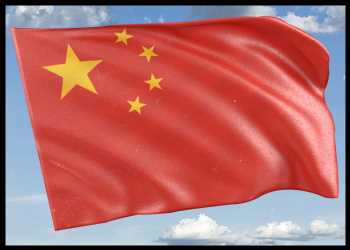China Slips Into Deflation In July
China’s consumer prices posted an annual decline for the first time since February 2021 largely reflecting a fall in food prices, and producer prices continued its downturn trend, official data revealed on Wednesday.
Consumer prices declined 0.3 percent in July from a year ago after staying flat in June, the National Bureau of Statistics reported Wednesday. Economists had forecast prices to fall 0.4 percent.
However, core inflation that excludes prices of food and energy grew 0.8 percent annually, which was the fastest rise since January. The core rate doubled from 0.4 percent in June.
Beijing aims to keep overall inflation at around 3.0 percent in 2023.
NBS statistician Dong Lijuan said the fall in consumer prices was only temporary.
Dong said consumer prices are set to rise gradually with sustained economic recovery, steady expansion in market demand, continuous improvement of supply and demand and the elimination of the high base of comparison.
Food prices declined 1.7 percent from a year ago after rising 2.3 percent in the previous month, data showed. At the same time, non-food prices remained in July.
On a monthly basis, consumer prices gained 0.2 percent, confounding expectations for a fall of 0.1 percent.
Another data showed that producer prices posted an annual fall of 4.4 percent, following a 5.4 percent drop in June. Prices were expected to ease 4.1 percent. Prices declined again due to weak commodity prices.
Although low inflation is a concern, China does not appear to be on the brink of an economy-wide deflationary spiral, Capital Economics’ Julian Evans-Pritchard said.
Source: Read Full Article


